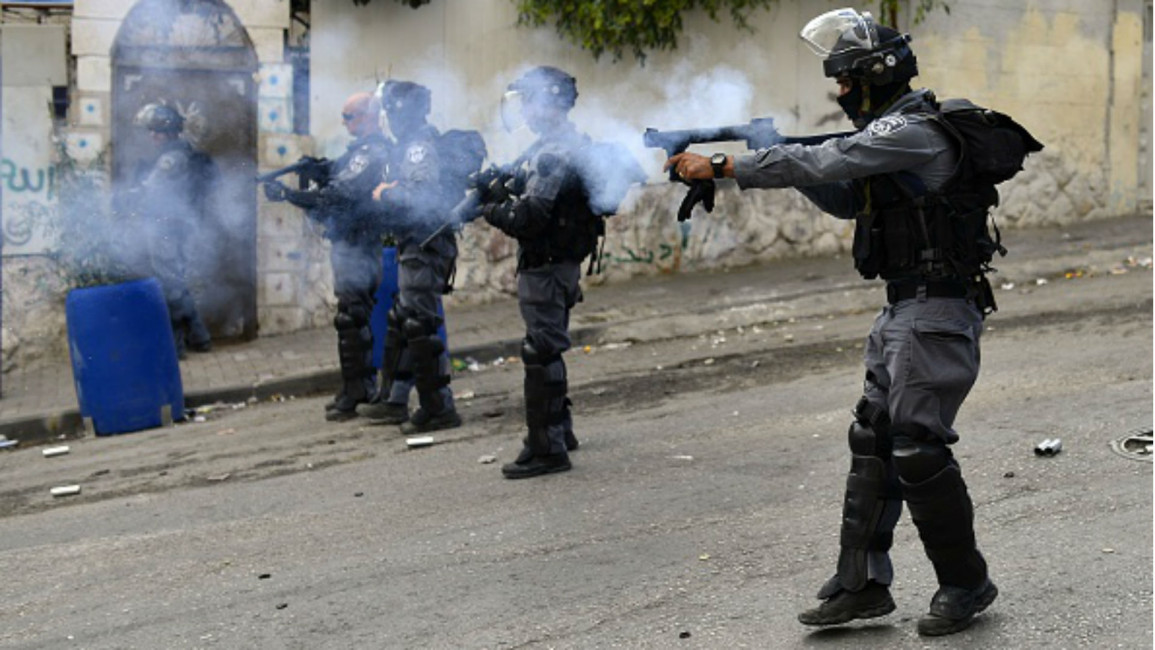Tensions continue to rise in Jerusalem
Israeli Prime Minister Binyamin Netanyahu on Thursday ordered a "significant increase" in police deployments in Jerusalem following an alleged assassination attempt on an ultranationalist right-wing rabbi.
Netanyahu's announcement came as clashes erupted in the city after the shooting of Yehuda Glick left him critically wounded.
Glick, a hardline campaigner for Jewish prayer rights at the al-Aqsa mosque compound, belongs to a hardline group whose stated aim is to see a third Jewish Temple built on the site - a move furiously opposed by Palestinians who see this as violation of their rights to worship at the mosque now occupying the same spot.
Glick was shot after attending a conference in West Jerusalem linked to the question of Jewish prayer rights at the al-Aqsa compound.
Al-Aqsa has been the scene of prolonged clashes over the past few weeks, with ultranationalist Jews - accompanied by Israeli police - reportedly entering the holy site, provoking Palestinian anger.
Israel announced the closure of al-Aqsa mosque to all visitors shortly after the shooting, drawing an angry response from Palestinian President Mahmoud Abbas, whose spokesman described it as "a declaration of war".
Meanwhile, the adjacent Western Wall plaza remained open for Jewish worshippers and tourists.
The killing of Mutaz Hijazi
Mutaz Hijazi, the Palestinian man suspected of the shooting, was himself shot dead by Israeli police when they stormed his house in Abu Tor early on Thursday morning.
According to the Ramallah-based Palestinian Prisoners' Society, Hijazi spent eleven and a half years in Israeli jails, including around a decade in solitary confinement.
He was released in 2012.
Micky Rosenfeld, Israeli police spokesman, said that Hijazi was "eliminated" at his home in Jerusalem's Abu Tor neighbourhood by special police forces.
The death of the former Palestinian prisoner came after an "exchange of fire", said Rosenfeld.
Residents, however, have questioned whether the police had any intention of following due process by arresting him as a suspect.
"This was a killing operation. They came and killed him in cold blood," a local resident told the AFP news agency.
Jerusalem police arrested both Hijazi's brother and father after his death.
Jerusalem police also announced plans to deploy remotely piloted aircraft for intelligence gathering in occupied East Jerusalem, where there have been frequent clashes since July.



